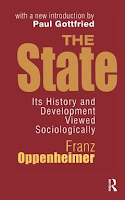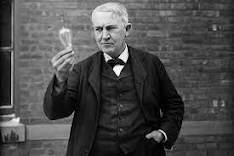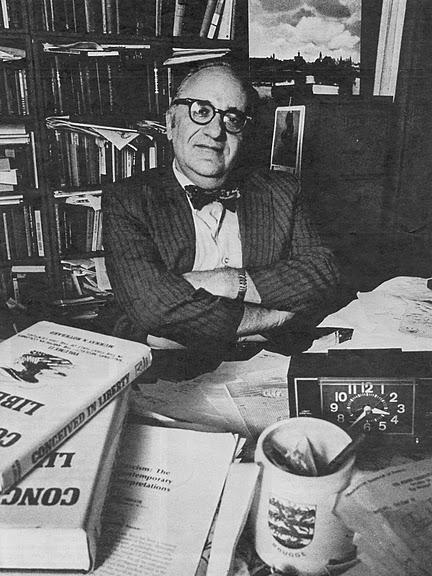The American oil industry started out in a laissez-faire environment in which there was little, if any, government regulation and no income taxation. Entrepreneurs like John D. Rockefeller were able literally to create one of the most important industries in world history from nothing. In doing so they transformed the world, made the machine age possible, improved the standard of living for millions, created hundreds of thousands of jobs, and invented management practices that would be emulated by other capitalists around the world. Capitalism, or market entrepreneurship, is what created all of these economic benefits. But from the early twentieth century on, the oil industry has been a regulated industry and has become less and less capitalistic. Today the industry is heavily regulated - strangled, some would say - by governmnt. And inevitably, government regulation - not the capitalistic nature of the industry - causes high prices, shortages, and other problems.
Still, the myth persists that the industry's capitalistic nature is precisely what creates problems. Indeed, virtually every time there is a jump in gasoline prices the oil companies are accused of "price gouging," their profits are reported on the front pages of America's newspapers, and, more often than not, some congressional committee commences an investigation or holds hearings to look into the matter. During the so-called energy crisis of the 1970s the accusastions against the oil companies were more strident, as the seven largest companies - "the seven sisters," as they were called - were accused of somehow orchestrating a shortage to boost their own profits. But on the face of it, the notion that a price-fixing conspiracy can periodically increase gasoline prices makes no sense. If oil companies are able to raise prices in such a manne, why don't they do it all the time? Why only every several years? Why do they throw all that money away by holding prices down? And why are the incapable of stopping oil prices from falling? (During the 2000 presidential election vice president Dick Cheney appeared on Meet the Press to say that oil and gas prices were too low and that some kind of government "price stabilization program" was needed. At the time, he had just left his position as a top oil industry executive.) The obvious answer to these questions is that the oil companies do not have the price-fixing powers that the mainstream media - and anticapitalistic intellectuals - ascribe to them.
~ Tom DiLorenzo, How Capitalism Saved America, pp. 206-207































